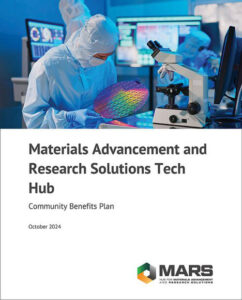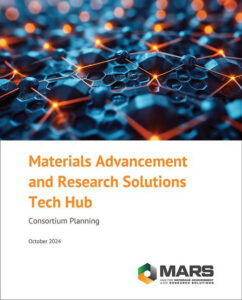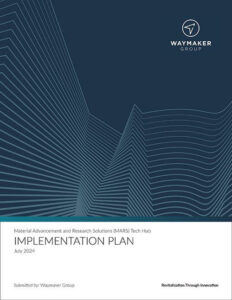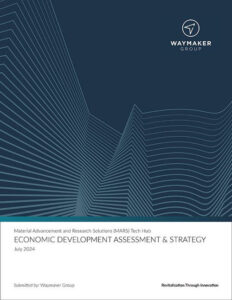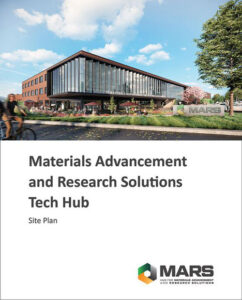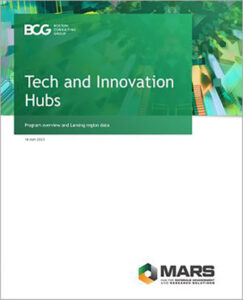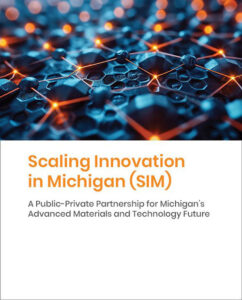Hub for Materials Advancement and Research Solutions (MARS)
Hub for Materials Advancement and Research Solutions (MARS)
The Lansing, Michigan region (the region) seeks designation as an Economic Development Administration (EDA) Tech Hub for advanced materials science, specifically synthetic diamond and particle accelerators (rare isotopes). These synergistic advanced materials are driving groundbreaking improvements in semiconductor chips, defense and aerospace electronics, advanced manufacturing, medical imaging and sensing, quantum computing, and other applications essential to U.S. national and economic security.
Scaling Innovation in Michigan (SIM)
Advancing Materials & Technology: The MSU Research Foundation, in partnership with Michigan State University, the MARS Consortium, and Fraunhofer USA, is leading the Scaling Innovation in Michigan (SIM) Initiative to position Michigan as a national leader in advanced materials and manufacturing innovation. SIM will drive commercialization, strengthen industry partnerships, and foster a thriving entrepreneurial ecosystem through the Alliance Program and Conquer-TechBridge Accelerator. By supporting startups and established companies, this initiative aims to create high-skill jobs, enhance economic resilience, and establish Michigan as a hub for cutting-edge manufacturing technologies.
Focus: Diamond Products and Markets
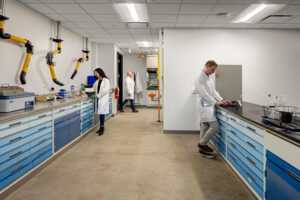
Products
- Industrial tools and Machinery
- Heatsinks and Thermal Management
- Semiconductor Production and Testing
- Optics, Mirrors and Lasers
- X-Ray and Radiation Detecting and Testing
- Water Purification and Environmental Testing
- Quantum Technologies
- Advanced Telecommunications

Markets
- Particle and Nuclear Physics
- Health and Medical Sciences
- Material Science
- National Security and Defense
- Energy
- Environmental Sciences
- Space Research and Testing
- Archaeology and Vintage Authentication
Committed Consortium
LETTERS OF CONSORTIUM COMMITMENT

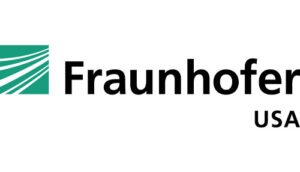

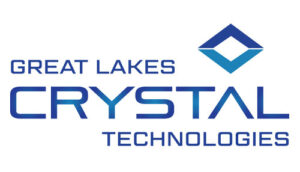
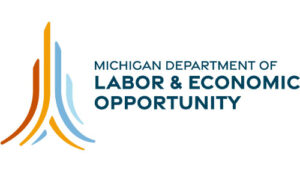
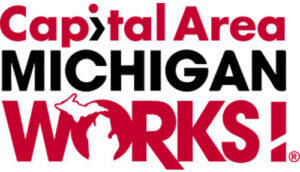
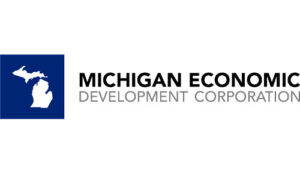
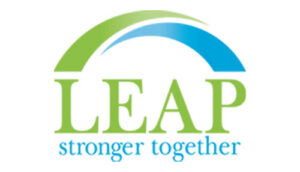
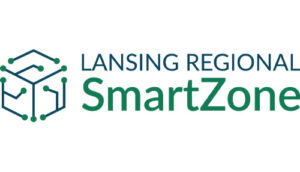
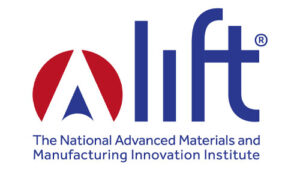


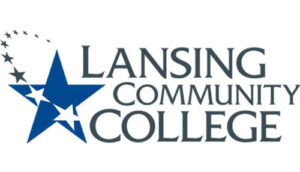
LETTERS OF COMMITMENT FROM NON-CONSORTIUM MEMBERS

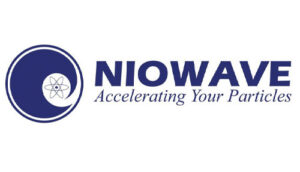
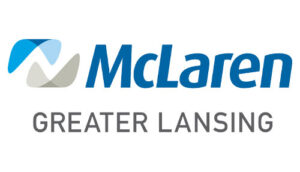


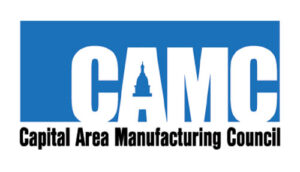
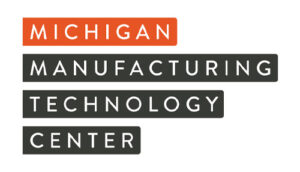
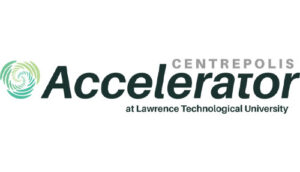

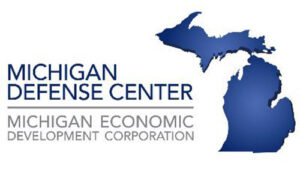
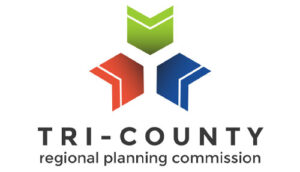
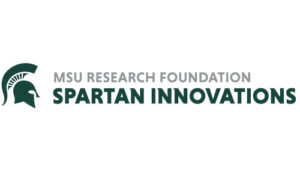
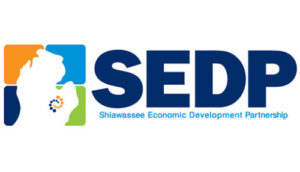
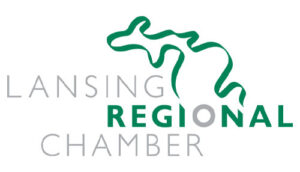

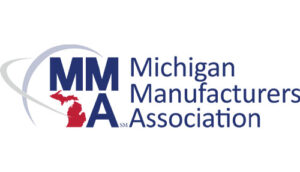
LETTERS OF GENERAL SUPPORT




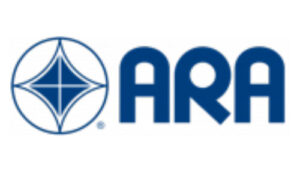
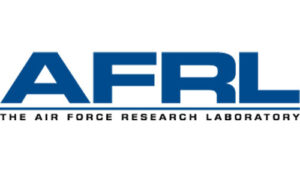
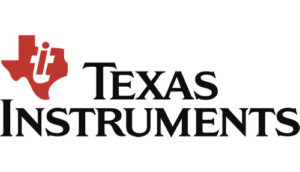
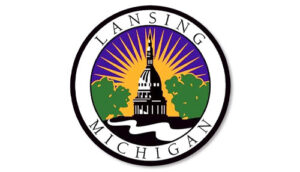
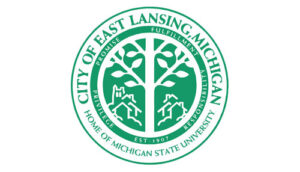
7 Scoring Factors
Technology-Based Potential of the Region for Global Competitiveness
- Inventory of existing assets, resources, and capabilities of the region that will be enhanced with EDA funding
- Identification of relevant ongoing State and local dev. Programs, investment from Fed. Programs (e.g. NSF)
- Description of nature and magnitude of core tech area’s economic opportunity (e.g., forecast of global market)
Role of the Private Sector
- Robustness of the private sector’s commitment to and ability to benefit from the region’s strategy and EDA’s investments (e.g., funding, investments, hiring, labor and business practices, community ties)
Regional Coordination and Partnership
- Articulation of why the sum of the consortium members is greater than its parts (e.g., history of working together in the past and achieving concrete success)
- Understanding of relevant regional institution and assets, a clear collaboration model, and strong leadership
Ecosystem Creation
- Description of how region will actively engage communities in planning and how benefits from the tech hub will be shared (e.g., creating good jobs, building and retaining wealth)
- Historical commitments to drive business development and create success
Composition and Capacity of the Regional Workforce
- Quantitative and qualitative description of current regional workforce
- Demonstrated ability to maintain its competitiveness and scale a regional workforce in core technology area
- Description of how the region will grow and evolve its STEM workforce and how workforce development programs and labor organization will collaborate to increase job quality/quantity
Innovative “Lab to Market” Approaches
- Identify new and/or scale-up proven existing models that overcome commercialization barriers
- Pursue technology transfer policies and programs that promote global competitiveness, leverage resources of key R&D assets, and prioritize U.S. tech creation and production and promote U.S. ownership of IP
- Describe methods of translating research into local economic competitiveness, and evidence of past success
Impact on Economic and National Security of the Entire U.S.
- Articulation of how success at becoming globally competitive in selected core tech area supports national priorities (e.g., climate change, supply chain resiliency, accelerating the pace of innovation in critical tech)
- Serve regional economies and demonstrate positive regional economic effect

